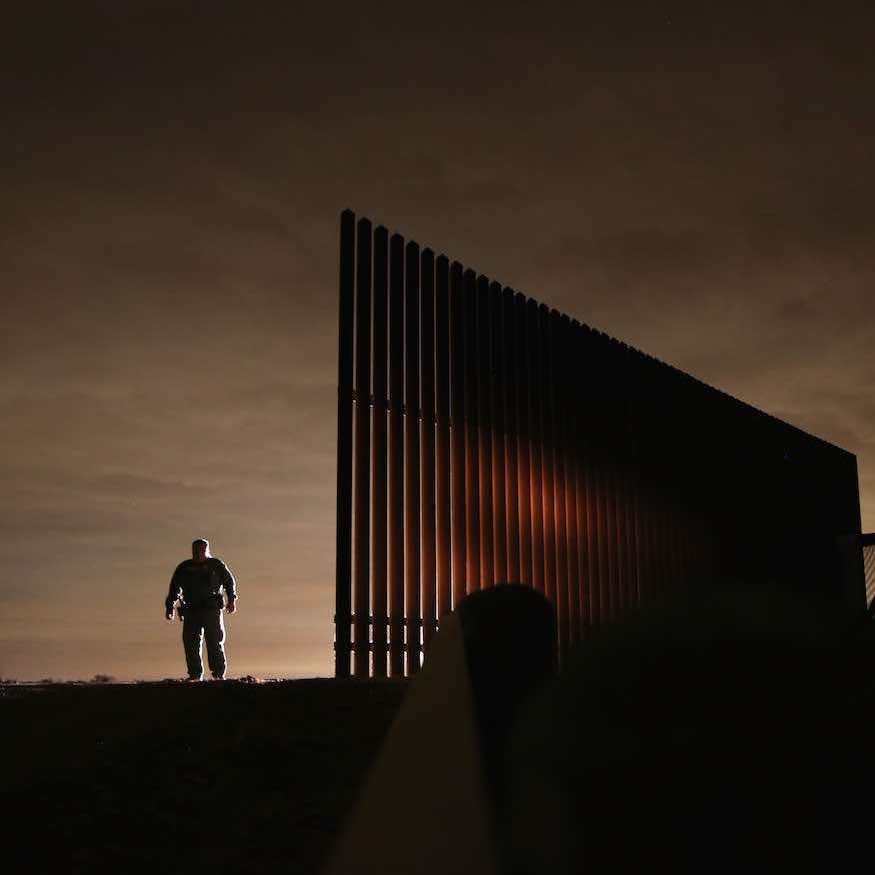The Indefensible Job of Policing the Border: Review of Against the Wall by Jenn Budd
The Nation, 26 December 2023
“With no energy left to expend justifying what she sees, she leaves the Border Patrol and takes an entry-level job at her partner’ cabinet-making business in San Diego. But she can’t shake off her time in the agency. She feels caught between missing the sense of purpose it gave her and wanting the Border Patrol to own up to its misdeeds. She makes a suicide attempt in her partner’s woodshop.
She’s not the only one to have done so: She recalls how a coworker named Dave “drank himself crazy and set himself on fire,” how another “[blew] his brains out with his service weapon,” and how a third “sat in the carpool parking lot along I-8 and took a bottle of pills.” The agency pushed them to their breaking point before they could articulate what felt so wrong. [...]
During the long process of recovery, she connects her childhood memories of being physically abused by her mother with her experience as a Border Patrol agent. Seeing the resonance between the two forms of violence is what finally enables her to piece together the confusing feelings that pushed her out of the agency. “My childhood abuse led to poor decisions like joining the Border Patrol and ignoring all the signs, all the red flags that were plain as day,” she writes. “The systemic abuse the agency dished out towards female agents that I suffered was frankly normal for me.”
This also forms the book’s key conceptual point: that when you learn to rationalize interpersonal abuse, it’s not a leap to justify—and
participate in—state violence.”
The Nation, 26 December 2023
“With no energy left to expend justifying what she sees, she leaves the Border Patrol and takes an entry-level job at her partner’ cabinet-making business in San Diego. But she can’t shake off her time in the agency. She feels caught between missing the sense of purpose it gave her and wanting the Border Patrol to own up to its misdeeds. She makes a suicide attempt in her partner’s woodshop.
She’s not the only one to have done so: She recalls how a coworker named Dave “drank himself crazy and set himself on fire,” how another “[blew] his brains out with his service weapon,” and how a third “sat in the carpool parking lot along I-8 and took a bottle of pills.” The agency pushed them to their breaking point before they could articulate what felt so wrong. [...]
During the long process of recovery, she connects her childhood memories of being physically abused by her mother with her experience as a Border Patrol agent. Seeing the resonance between the two forms of violence is what finally enables her to piece together the confusing feelings that pushed her out of the agency. “My childhood abuse led to poor decisions like joining the Border Patrol and ignoring all the signs, all the red flags that were plain as day,” she writes. “The systemic abuse the agency dished out towards female agents that I suffered was frankly normal for me.”
This also forms the book’s key conceptual point: that when you learn to rationalize interpersonal abuse, it’s not a leap to justify—and
participate in—state violence.”

Getty Images

